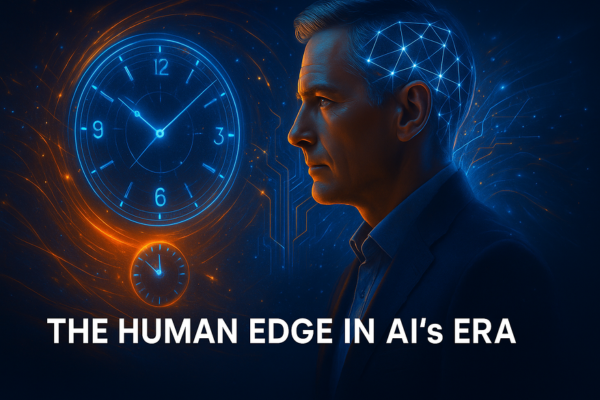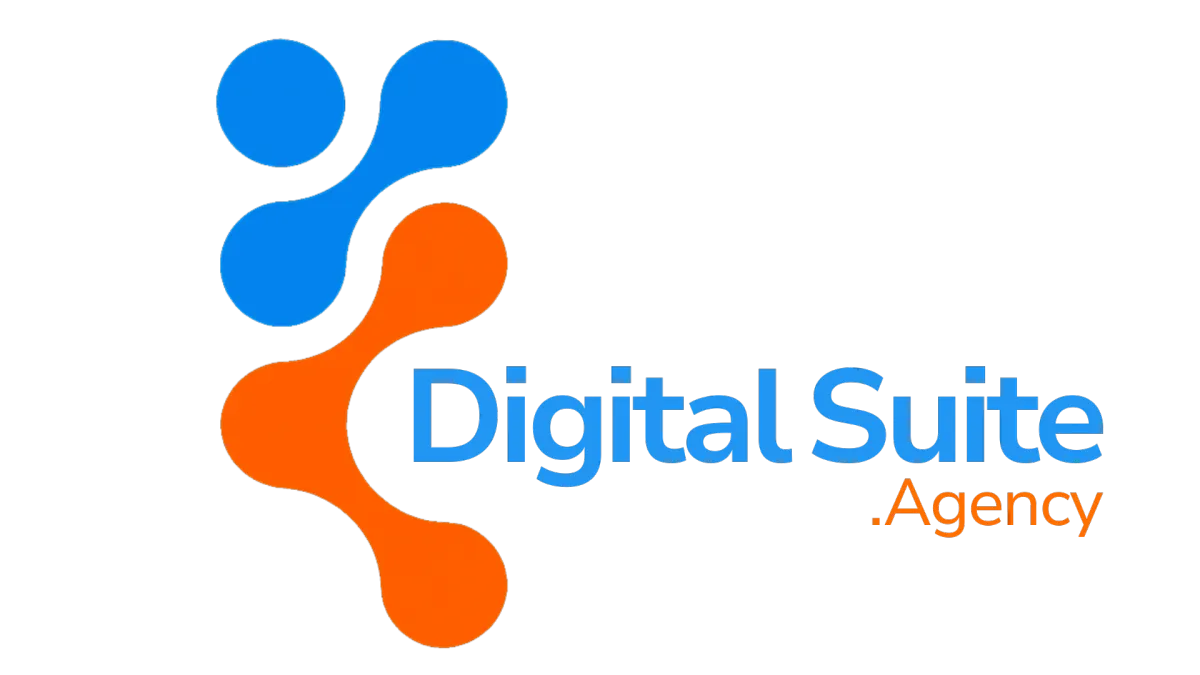
Beyond Algorithms: The Strategic Human Edge in Meta's AI Era
As Meta's AI revolution accelerates, we're witnessing a fascinating paradox. The more powerful these tools become, the more valuable uniquely human strategic thinking becomes. Essentially, what can't be automated will then become your strongest competitive edge.
Meta is investing heavily in AI, raising spending by up to $10 billion in 2024 to support its ambitious vision. With its massive user base, analysts predict Meta is positioned for even greater success in 2025 as one of the "richest surfaces to introduce Gen AI tools." CNBC reports.
But this then creates an interesting dynamic for businesses. As these AI tools become more accessible, the playing field levels in terms of execution capabilities. When everyone has access to the same AI-powered content generation and distribution tools, what separates the leaders from the followers? How do we, as marketers, distinguish ourselves from everybody else using these tools?
The answer is strategic thinking that algorithms can't replicate. The truly irreplaceable elements are those that are rooted in human nuance: strategic judgment, brand voice, emotional intelligence, and lived experience. You can train AI to generate content, but you can't automate wisdom or the ability to read the room.
We recently worked with a boutique financial consultancy that initially leaned heavily into AI-generated content to increase visibility. They had volume, but no voice. Everything sounded polished, yet forgettable. What they overlooked was anchoring their messaging in why their advice mattered, and who it was truly for.
It wasn't until they extracted their unique perspective (their own insights behind their process) that their content began to resonate. Once they stopped automating for the sake of scale and started aligning AI with their strategic narrative, engagement skyrocketed. Users need to remember that AI is a tool, not a strategy.
For professional service firms, especially those in regulated industries, there's an additional layer of complexity. Meta's AI tools are powerful, but they're designed for engagement; not necessarily for compliance or ethical nuance. The biggest risk is what we call "silent erosion of trust."
For firms in legal, financial, or healthcare sectors, even a slightly biased output or misinterpreted insight can lead to regulatory exposure or reputational harm. Without the clear guardrails of explainability, human review, and documented decision paths, it becomes easy to mistake automation for accuracy.
Harvard political philosopher Michael Sandel identifies three major areas of ethical concern with AI: privacy and surveillance, bias and discrimination, and "perhaps the deepest, most difficult philosophical question of the era, the role of human judgment." Harvard Gazette.
This last point represents both a challenge and an opportunity for professionals to define where human strategic input creates irreplaceable value. The professionals who thrive with AI don't compete with it; they curate it. One of the most effective human elements is judgment rooted in context. The human ability to interpret nuance, tone, and timing in a way AI still can't replicate.
Professionals who pair their expertise with AI-generated content, then shape it with real-world insight and empathy, see much better results. Strategic positioning, i.e. knowing why something matters to a specific audience , is also a huge differentiator. The firms that win with AI become the editors, not the engineers.
This aligns with research showing that 83% of clients now expect AI-powered insights combined with human judgment. The human-AI relationship in professional services is evolving toward a "humans in the loop" model, where employees work alongside AI technologies to validate and review outputs and decisions. VisionX.
Looking ahead 2-3 years, Meta's AI evolution will radically level the playing field in how content is produced, distributed, and personalized. This means the how of marketing will be less of a differentiator for professional service firms. What will separate leaders from the rest is the what and why . Original insights, strong points of view, and thought leadership that can't be generated by prompts alone.
Firms that rely solely on templated AI outputs will blend into the noise, but those who use AI to amplify authentic expertise will stand out. Meta's tools offer massive reach, but without strategic depth, that reach can backfire. The real competitive edge will come from professionals who treat AI not as a voice, but as a megaphone.
One of our legal sector clients had been struggling with content bottlenecks. They knew they needed to publish regularly to stay visible, but every article required hours of internal review.
We introduced our AI platform as a co-pilot: AI handled first-draft creation using their expertise, while their senior team focused only on final messaging and compliance sign-off. Not only did content output triple, but it actually improved in clarity and positioning because the humans weren't drained by drafting. They were curating.
Their LinkedIn engagement spiked, and within three months they landed two premium clients who referenced the firm's thought leadership directly. This exemplifies AI enabling humans to play to their strengths.
Over the next five years, we believe a clear divide will emerge. Firms that treat AI as a content machine will plateau, while those that treat it as a strategic amplifier will accelerate. Strategy will shift from what to publish, to why and who for - with human insight driving that direction. AI will handle the executional layer, but the firms that win will use data and creativity to craft more meaningful narratives.
We also predict we'll see more "thinking frameworks" codified into AI tools; letting professionals scale their unique IP, not just their output. And importantly, firms that embed ethical boundaries and compliance logic into their AI processes from the start will gain a major trust advantage.
Organizations that have implemented strategic AI solutions report significant time savings on routine tasks, with some professionals saving as much as 20 hours per month. This allows teams to redirect their focus toward more strategic activities, resulting in a 55% increase in employee satisfaction. Microsoft.
Start today by getting clear on your unique lens - how you think, not just what you know. Professionals often underestimate the value of their interpretive frameworks and decision-making processes. Document the mental models you use with clients, then ask "How could this thinking scale if it was delivered differently, like in writing, workshops, or digital tools?"
Shift your mindset from "creator" to "curator of clarity." Use AI to speed up the routine, but reserve your energy for guiding big decisions and reframing complex issues. The real differentiator isn't volume - it's perspective.
Meta's AI tools will massively streamline content production; from auto-generating posts and summaries, to adapting content for different platforms in seconds. But the real game-changer will be personalization at scale. Professional service firms will be able to tailor thought leadership to niche audiences without ballooning their marketing teams.
Tools like Meta AI's language modeling and visual generation will lower the barrier to showing up consistently, but firms that succeed will go beyond that. The ones who succeed will use these tools to express, not just to broadcast, bringing their voice, values, and vision into the mix. It's not about doing more; it's about saying more that matters.
As human marketers and strategists, our role is evolving from "creating" to "guiding". We will be shaping narratives, setting strategic direction, and asking the kinds of questions AI can't.
In professional service firms, marketers will need to understand both the nuance of the industry and the emotional pulse of their audience. Strategy becomes less about volume and more about resonance. The best marketers will be translators of expertise that can help professionals turn knowledge into influence.
In this new era, that which cannot be automated will become your strongest competitive edge.

